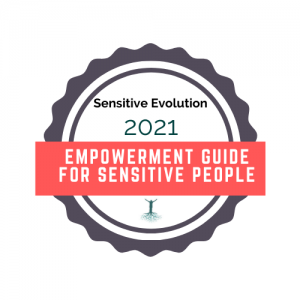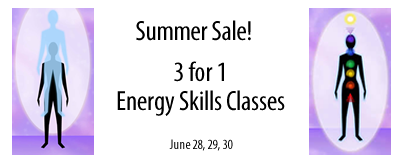“We can’t know for sure what the future holds. But we do have the power to make a choice to continue to write in spite of the challenges we face — or perhaps even because of them.”
on the Sensitive Evolution website:
Sensitive Writers, Keep Fulfilling Your Calling, Even In Difficult Times





